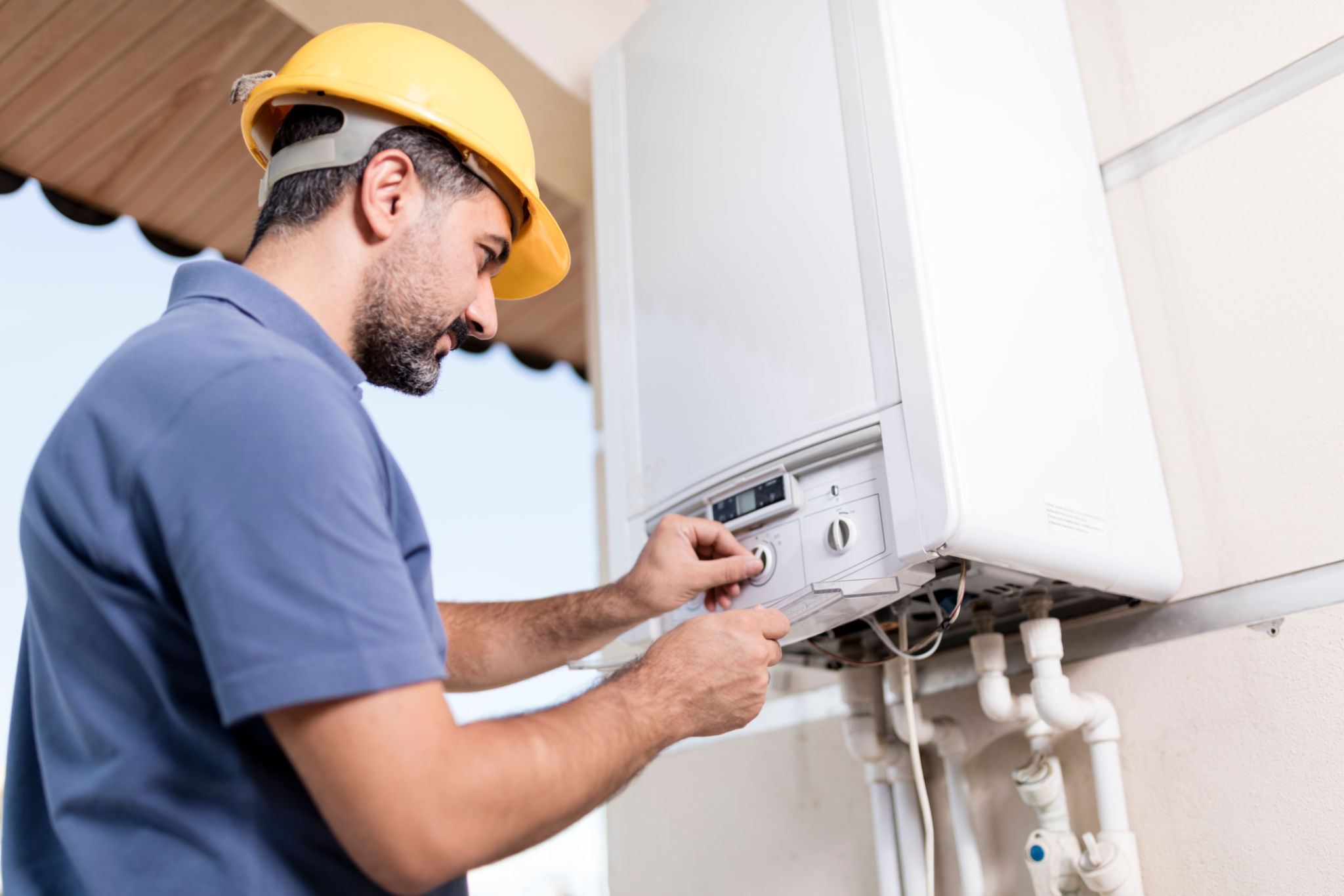Preparing Your Home for Winter: Essential Gas Safety Tips
Understanding the Importance of Gas Safety
As the winter months approach, ensuring your home is prepared to handle the colder weather is a top priority. One crucial aspect of winter preparedness is maintaining gas safety in your home. Gas appliances can be a lifeline during winter, providing warmth and comfort. However, without proper care and maintenance, they can pose serious safety risks.
Gas leaks or malfunctioning appliances can lead to dangerous situations, including fires or carbon monoxide poisoning. These incidents are preventable with the right precautions. As you prepare your home for the winter season, it's essential to prioritize gas safety to protect your family and property.

Inspecting and Maintaining Gas Appliances
Regular inspection and maintenance of gas appliances are fundamental steps in ensuring their safe operation. Before winter sets in, have a qualified professional inspect your gas furnace, water heater, stove, and any other gas-powered devices. This ensures they are functioning correctly and efficiently.
During these inspections, technicians will check for potential leaks, ensure proper ventilation, and verify that all components are in good working condition. Additionally, cleaning and servicing these appliances can enhance their efficiency, potentially lowering your energy bills during the colder months.
Installing Carbon Monoxide Detectors
Carbon monoxide (CO) is a colorless and odorless gas that can be deadly if inhaled in large quantities. It is a byproduct of burning fuels like gas, making it imperative to have carbon monoxide detectors in your home, especially in areas where gas appliances are used.
Place detectors on every level of your home and near sleeping areas to ensure early detection. Regularly test these detectors and replace batteries as needed to ensure they remain functional throughout the winter.

Recognizing Signs of Gas Leaks
Being able to recognize the signs of a gas leak can prevent potential disasters. The most common indicator is the smell of rotten eggs, which is added to natural gas for detection purposes. Additionally, hissing sounds near gas lines or appliances and dead vegetation around outdoor gas lines can be warning signs.
If you suspect a gas leak, act immediately by evacuating the area and contacting emergency services or your gas provider. Do not attempt to fix the leak yourself or use any electrical devices that could ignite the gas.
Educating Family Members on Gas Safety
Gas safety is not solely the responsibility of adults in the household. Educate all family members, including children, on recognizing signs of gas leaks and what actions to take if they suspect one. This knowledge can be crucial in preventing accidents and ensuring everyone's safety.

Creating an Emergency Plan
Having a well-thought-out emergency plan is essential for any household. This plan should include steps to take if a gas leak is detected, such as evacuating the premises and contacting emergency services. Ensure everyone in the household is familiar with this plan and practices it regularly.
Additionally, keep emergency contact numbers readily accessible and ensure that everyone knows how to turn off the main gas supply if it's safe to do so.
Ensuring Proper Ventilation
Proper ventilation is crucial when using gas appliances. Make sure that vents and chimneys are clear from obstructions like snow or debris to allow for effective operation. Blocked vents can lead to dangerous levels of carbon monoxide build-up in your home.
Regularly check vents during winter months, especially after heavy snowfall or storms, to ensure they remain unobstructed.
Scheduling Regular Professional Inspections
While many aspects of gas safety can be managed by homeowners, professional inspections should not be overlooked. Scheduling regular inspections by a certified technician can help identify potential issues before they become serious problems.

By following these essential gas safety tips, you can enjoy a warm and safe winter season. Prioritizing these measures not only protects your home but also provides peace of mind knowing that your family is safe from potential gas-related hazards.